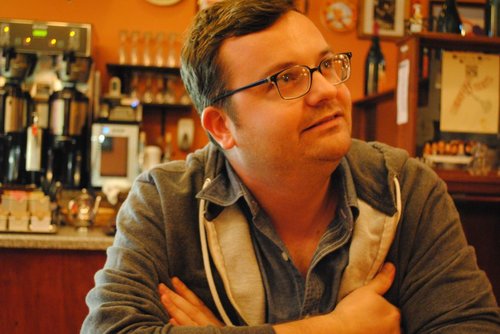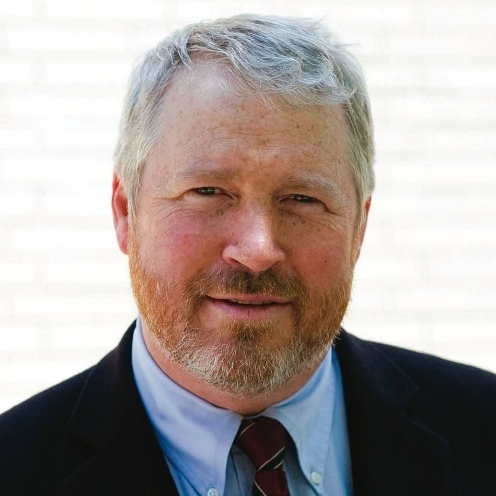Making Good Infrastructure Decisions for America's Future
“When our towns and cities can barely pay to patch a sidewalk or fill in a pothole, there’s no way that we should be spending billions of dollars to build brand new roads, bridges, and other large-scale projects.”
America has spoken and we've picked our next president. However you're feeling about the outcome, know this: Strong Towns stands firm on its commitment to local decision-making, financial solvency and supporting strong citizens as they work to build strong towns. We focus on shaping more resilient, antifragile neighborhoods, towns and cities because we believe the most positive change will come through local action, not from a leader in Washington.
But it's impossible to ignore what's been happening in the presidential race. Throughout the election, we've chosen to focus our (and your) attention toward the issue of infrastructure spending. Both our future president and his rival have repeatedly stated their desire to increase spending on infrastructure projects in America. That tended to get cheers at their rallies. We have a different perspective: When our towns and cities can barely pay to patch a sidewalk or fill in a pothole, there's no way that we should be spending billions of dollars to build brand new roads, bridges, and other large-scale projects.
And we know that's exactly what our federal leaders are talking about when they say "infrastructure projects."
So we've done a few things at Strong Towns to help advance alternative options for infrastructure funding that empower local communities.
Strongest Infrastructure Project Contest
First, earlier this month, we published five small-scale infrastructure projects that really exemplify Strong Towns' thinking including a community garden, a mixed-use factory renovation, two main street redesigns and a campus connector bike route. You can read about them below.
Public voting on these five nominees selected the West Jefferson Revitalization in North Carolina as the winner. All of their are inspirations for our communities.
Interviewing Leaders Across the Country
This fall, we've also been interviewing local and national leaders in the fields of transportation, economics and government to hear their perspective on what sorts of infrastructure projects are worth investing in and what they would choose to do with the influx of infrastructure money that seems inevitable given the outcome of this election:
- Former Mayor of Seattle and Strong Towns member, Michael McGinn advocates focusing on maintenance of our existing infrastructure, plus investing in rail transportation, housing and broadband.
- Executive Director of America Walks, Kate Kraft, pushes for "a balanced transportation system that provides infrastructure for safe, convenient and accessible mobility of all types."
- Grant Henninger, a Strong Towns member and Planning Commissioner in Anaheim, CA suggests using infrastructure funding to build out bike networks, update circulation plans so they support all road users, connect productive places with mass transit, and replace old infrastructure that constrains downtown development.
- Assistant City Manager of Ranson, WV and Strong Towns member, Ed Erfurt, advocates for infrastructure funding to go directly to cities who are more likely to use it to improve their neighborhoods than to build a new highway.
- Economist and host of the EconTalk podcast, Russ Roberts, debunks the idea that big infrastructure projects will really benefit our towns.
And we even interviewed former U.S. Transportation Secretary, Ray LaHood to get his input. We didn't really agree with his perspective, but it was helpful to hear that articulated.
What's next?
We're going to keep interviewing leaders from around the country (including a planner in Austin, a professor of design in Minneapolis, and a transportation engineer at Project for Public Spaces, to name a few) and asking them the hard questions about infrastructure spending decisions.
In January, we'll release a report that explains what a Strong Towns approach to a major capital improvements bill would look like.
This conversation is far from over. We hope that our president-elect, his cabinet and congress will make wise decisions when it comes to funding infrastructure in our country, focusing on maintenance and small-scale interventions instead of more highways. That's the path we believe will help us to build Strong Towns.




